
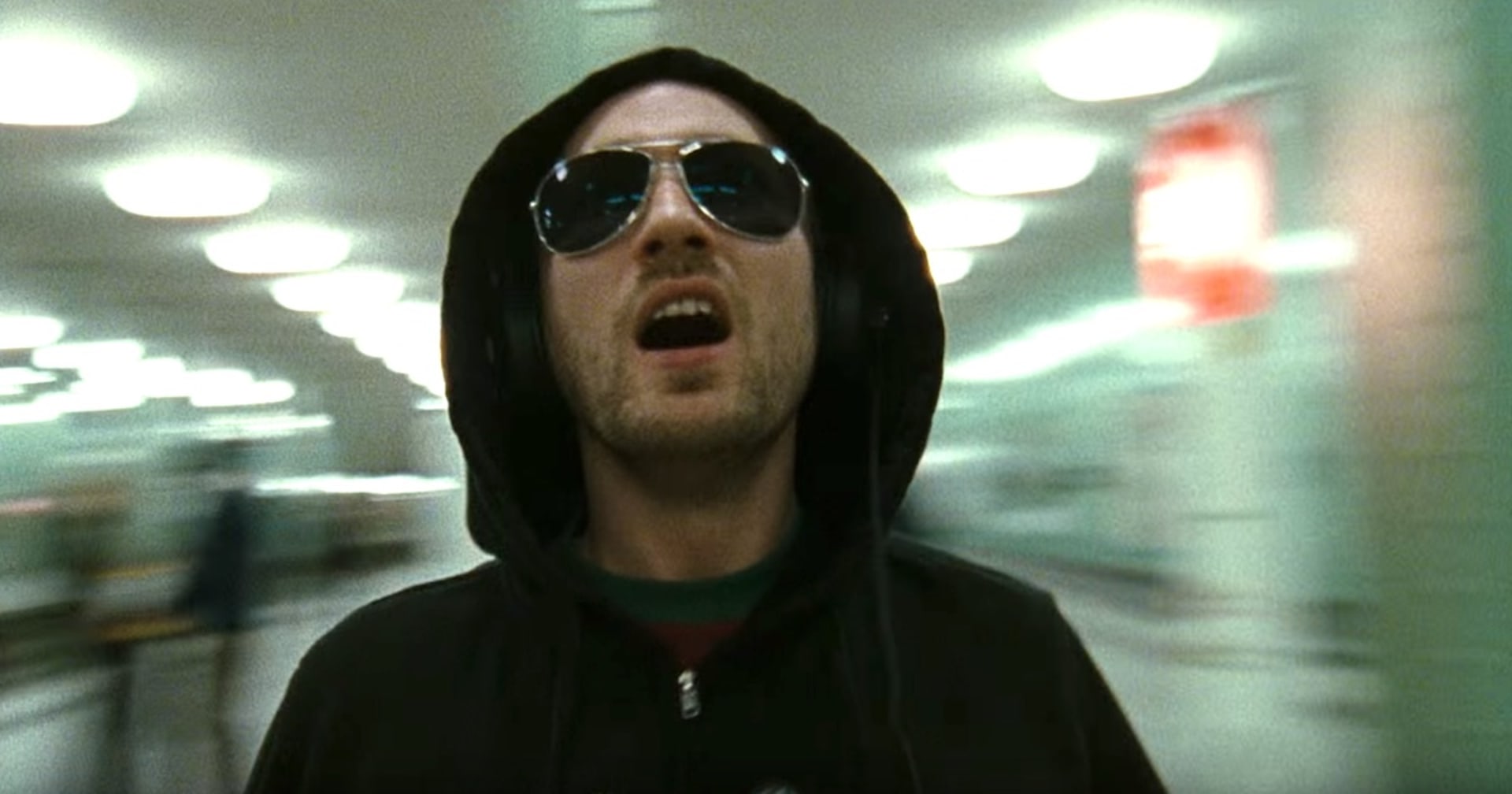
10 Films About Dance Music Culture That We Actually Like
Dance music fans have been telling their parents that “they’ll never understand” for the better part of three decades. Despite that, the culture has been booming since the late ’80s.
Filmmakers have been keen to interpret the fascinating factions of this neon-wearing, pill-eating, rave-dancing society. Some of these films focus on the music and the scene, while others derive tension from chemical excess.
And we can’t forget about the often inexplicable, emotional encounters on and off the dance floor, whether the focus be on dealing with deafness, chemical overload or trying to get the cops out of the warehouse. This list has you covered for at least a whole weekend in. Don’t forget some snacks to bring with you on this long and winding journey.
Eden (2014)
Unlike some of its partners in this category, Eden actually understands the melancholic afterglow of a life in club culture. But French writer and director Mia Hansen-Løve had some help. Her brother Sven co-wrote the screenplay and was the inspiration for protagonist Paul Vallée (Félix de Givry). The Parisian DJ actually grew up alongside other famous French Touch pioneers, like Daft Punk. That duo even agreed to license some of their biggest tracks for the film at a fraction of the cost. Chronicling the rise and eventual fall of a local DJ, the French film can become painfully relatable. With a killer soundtrack and characters that could substitute as some of our friends, Eden is a classic.
24 Hour Party People (2002)
This melange of fact and fiction is one of club culture’s most stimulating films. Depicting the crest and fall of late 1970s to early 1990s Manchester, 24 Hour Party People is a tale of gargantuan passion and a love of leisure. Whether for the historically accurate context, or the insanely fun soundtrack—think UK Baggy highlights—it’s definitely one of the best films to watch before your weekend out. Released in 2002, it features a livewire performance by Steve Coogan as the late TV personality and Factory Records label founder Tony Wilson. From Joy Division to the Haçienda and the Happy Mondays, the film provides a fun and in-depth survey of the crazy “Madchester” scene.
Groove (2000)
This club culture portrait is a classic interpretation of the San Francisco warehouse scene. Greg Harrison’s ode to ecstasy and discovering your true self at the rave was released in 2000. It’s gone on to become a legendary piece of the club culture cannon. The film features cameos by John Digweed and tracks by Orbital and Symbiosis. Groove isn’t concerned with eloquence, but it doesn’t take too many liberties in the joy—and occasional terror—of the implicit connection between the drug and underground music scenes.
Human Traffic (1999)
Human Traffic is perhaps Danny Dyer’s finest contribution to modern cinema. Released in 1999, it’s arguably the British actor’s most acclaimed work. The journey of him and his mates getting out of their heads in Cardiff is one of film’s finest odes to all those who found themselves with more disco biscuits than they could—and should—eat. According to The Guardian, director Justin Kerrigan insisted that in order to be cast, actors must have had at least one encounter with the tasteless, magic vitamins. It’s that kind of dedication to authenticity—and tracks by Matthew Herbert—that resulted in this masterpiece.
Berlin Calling (2008)
This 2008 comedy by Hannes Stöhr is a cornucopia of ridiculousness. The soundtrack is easy listening, with melodic techno contributions from Paul (who plays the main character DJ Ickarus) and Fritz Kalkbrenner as well as Sascha Funke. But the rest is either commentary on Berlin’s liberal attitude towards self-medication, or an ode to the never-ending after party. The film is a clear nod to Ken Kesey’s legendary novel—later made into an Oscar-winning film—One Flew Over the Cuckoo’s Nest. But, it remains a hilarious take on what would’ve happened if R.P. McMurphy had lived in Berlin in the noughties.
Irvine Welsh’s Ecstasy (2011)
Irvine Welsh’s Ecstasy is a film based on the story The Undefeated by the Scottish novelist Irvine Welsh. He’s also the genius behind Trainspotting. That should tell you enough about his unique, ultra-detailed and often accurate portrayal of drug and party culture. Not unlike other projects based off of Welsh productions, this one involves lots of drugs and a plan to sell them, quickly, for a lot of cash. Directed by Rob Heydon, it features a drug-smuggling romantic who is hoping that a Canadian woman can help turn his life, and heist, around.
Party Monster (2003)
In 2003, Fenton Bailey and Randy Barbato approached this club culture biopic from a new angle. Unfortunately, it’s not just the energy that can spill over beyond the dance floor. The story of Party Monster is adapted from James St. James’ 1999 memoir Disco Bloodbath. Focusing on NYC club kid promoter Michael Alig, the film is, at the least, a strange trip down a chemical highway, and at the most, an advertisement for rampant drug use. With a cast that includes Macaulay Culkin and Seth Green, it may be short on timeless cinematic quality, but not in dark and twisted humor. It also reminds us that sometimes, it’s OK to stay in.
Naar de Klote (1996)
This tragic love story is rooted in ecstasy. Released in the Netherlands in 1996, Aryan Kaganof’s Naar de Klote (Wasted!) is a primordial tale of tasting forbidden fruit. Revolving around the Dutch gabber explosion of the 1990s (which inspired the Polish gabber explosion of the 2010s), it chronicles Jacqui and Martijn’s move from the small town of Tilburg to the sensory assault of Amsterdam. As Jacqui gets sucked into the ugly drug dealing underbelly of the clubbing industry, Martijn struggles to remain faithful to his girlfriend while drowning his sorrows in big spliffs and lots of Heineken. Filmed in a grainy and unfocused style, it seems more like a bad ecstasy trip than a celebration of life. Hold on, because this one moves fast—and it gets ugly.
One Perfect Day (2004)
One Perfect Day is a welcome reminder that it’s not all sunshine and rainbows in club culture. Tommy Matisse, a Melbourne music student who is studying in London, receives notice of his sister Emma’s death. After learning of her interest in electronic music—and the drugs that contributed to her downfall—Matisse decides to explore club culture himself. Rife with melancholy, he navigates a world of infinite joy and horrible sadness. Fatboy Slim, Radioslave and Blur make the soundtrack for Paul Currie’s 2004 project more enjoyable and a little less sad.
It’s All Gone Pete Tong (2004)
This film definitely rivals Berlin Calling for the silliest in the dance music cannon. It’s the hilarious tragicomedy of British DJ Frankie Wilde’s mythical existence and his battle with deafness. With cameos by the biggest DJs in the game—from Carl Cox, to Paul Van Dyk—it’s also a clear-cut Ibiza promo. Shooting took place entirely on the White Island (where we were recently) in venues like Pacha, Amnesia, DC10 and Privilege. Wilde, played by Paul Kaye, tours around the island as his hearing decays, all to the tune of classics like “Pacific State”—and maybe a bit too much trance.
Read more: Watch a trailer for a new film about Berlin
Published June 25, 2018.

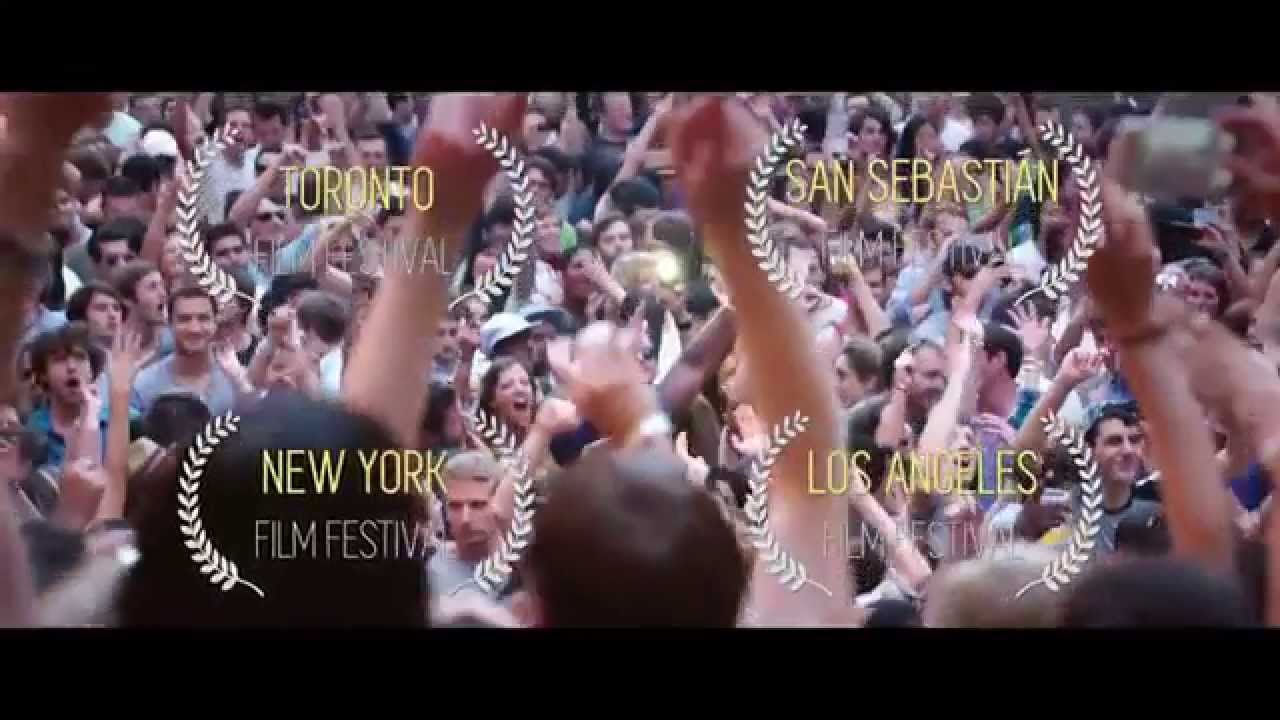
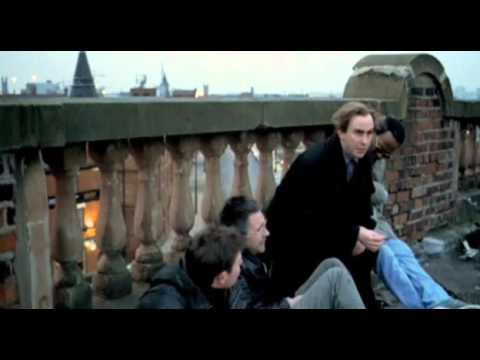
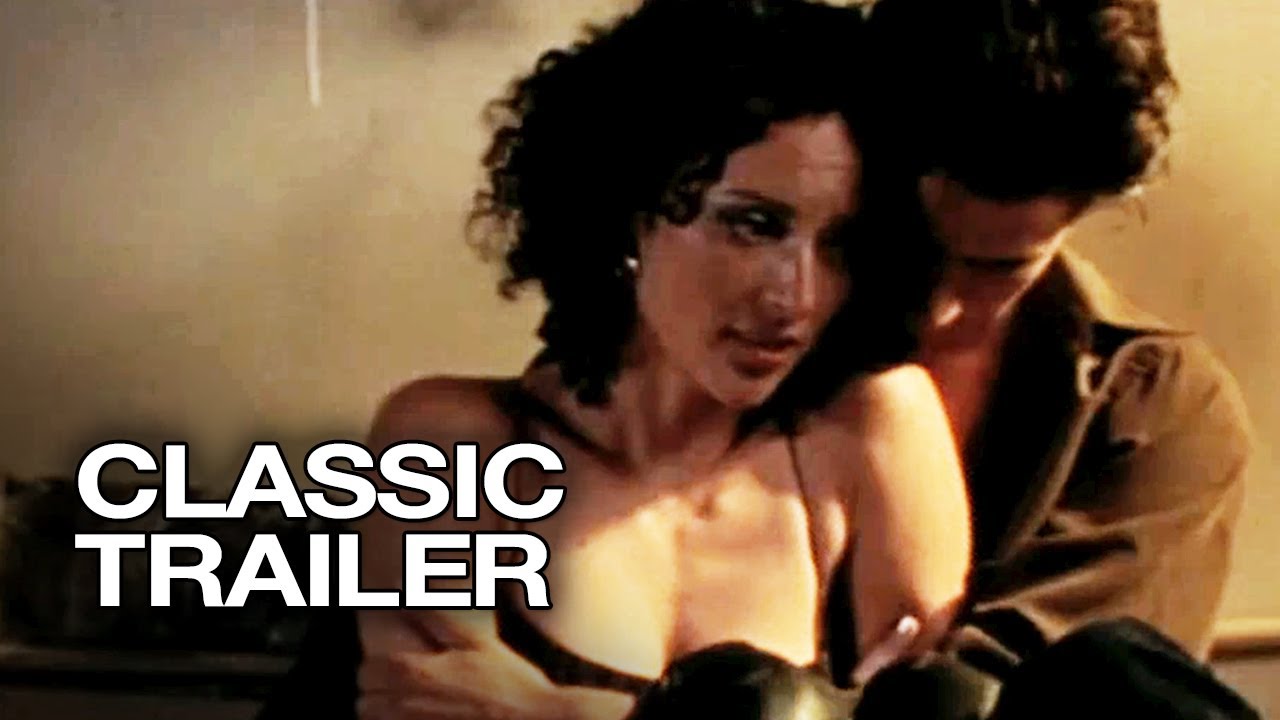
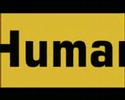

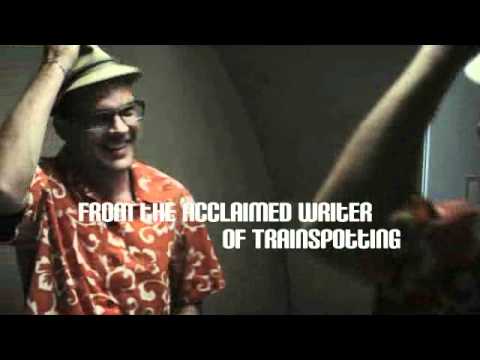
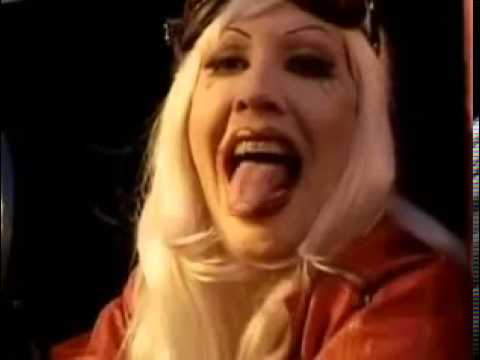
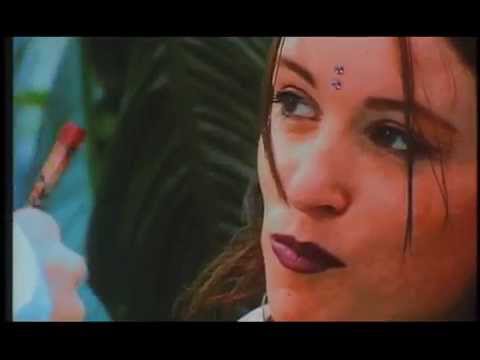
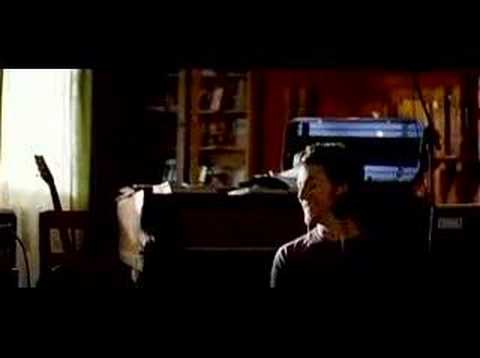
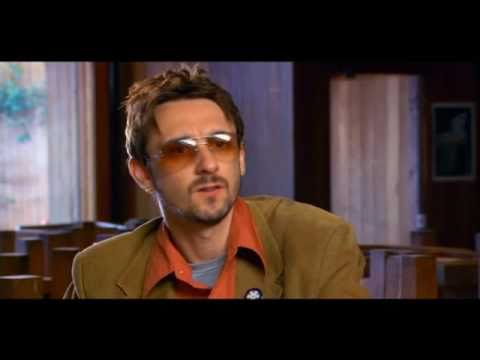



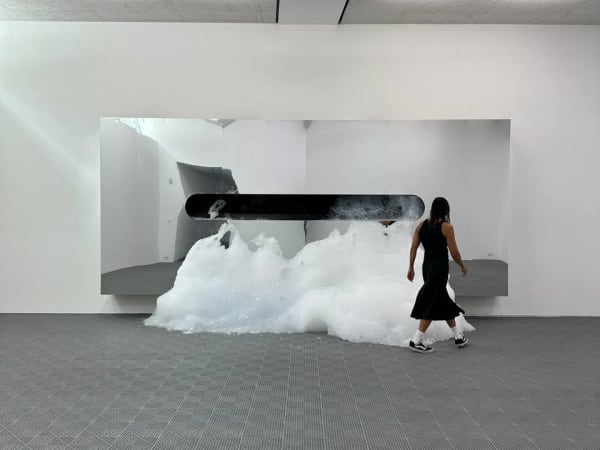

Follow @electronicbeats